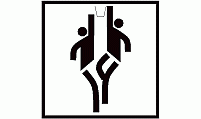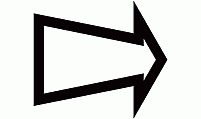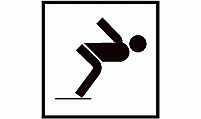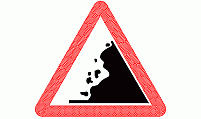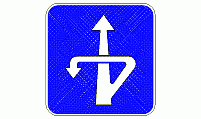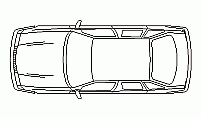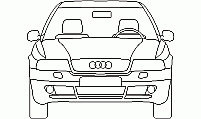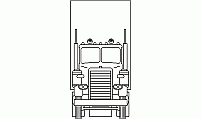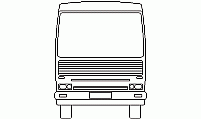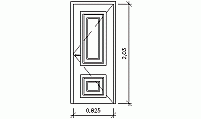CAD Blocks categories
 3D models
3D models home furniture
home furniture sanitary ware - bathrooms
sanitary ware - bathrooms professional equipment
professional equipment doors and windows
doors and windows people and animals
people and animals plants and trees
plants and trees vehicles - transports
vehicles - transports architectural details
architectural details mechanical - electrical
mechanical - electrical urban planning - civil works
urban planning - civil works safety health construction
safety health construction accessible design
accessible design drawing sheet
drawing sheet signals
signals construction machinery
construction machinery accessories and objects
accessories and objects maps and street maps
maps and street maps
Recycling Symbol and Drafting Standards

size: 7 kb
category: signals, symbology, icons
description: Recycling symbol
file extension: .dwg CAD - AutoCAD software
CAD Libraries for Recycling Icons
Overview of Recycling Symbol CAD Details
This recycling symbol CAD block provides an essential resource for creating sustainable design plans. Commonly referred to as recycle icons or eco-friendly markers, these symbols standardize environmental messaging in architectural drafting and signage projects. Files are available in DWG format for seamless integration.
Dimensions and Scaling for Recycling Icons
Standard sizes for recycling symbols include 6 inches by 6 inches (0.15 meters by 0.15 meters) and 12 inches by 12 inches (0.30 meters by 0.30 meters). These sizes meet visibility requirements in various design contexts.
To adjust dimensions, apply a scale factor using your CAD tool’s scaling command. Convert inches to meters by applying a factor of 0.0254, or use 39.3701 for meters to inches. Select the icon, choose a base point, and input the scale factor to resize proportionally.
Applications of Recycling Symbols in Drafting
Recycling symbols are integral to architectural plans, conveying environmental responsibility and compliance with green building standards. These icons enhance layouts for public spaces, recycling stations, and educational settings, ensuring clear visual communication.
Customizing Recycling Symbol CAD Files
Users can adapt recycling symbols by altering colors, line thicknesses, or orientation to suit project-specific themes. Use editing commands like “Mirror” or “Rotate” for directional adjustments. Modify text elements, if included, using the text editor in your drafting software.
Integration with Other Drafting Symbols
Recycling symbols are often paired with trash bin icons, material labels, and directional arrows in CAD designs. Together, they form a cohesive visual system in plans for public infrastructure, enhancing both usability and aesthetic consistency.






